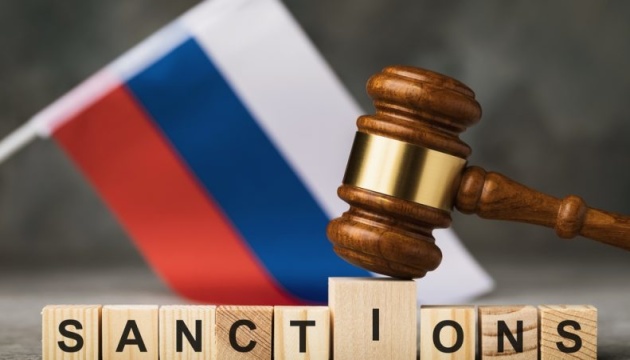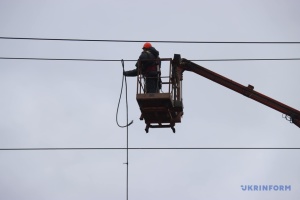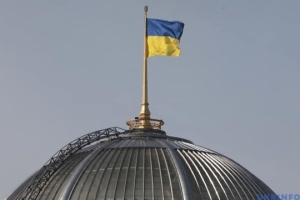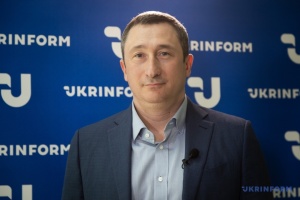
Ukrainian, British think tanks expose supplies of raw materials to Russia for ammo production
That’s according to an Ukrinform correspondent.
The report shows a significant portion of raw material (nitrocellulose) used by Russia for the ammunition production is supplied by NATO members and its partner countries. The main suppliers are Taiwan (Mar Mar 1, 2022 – Dec 31, 2023: 59 deliveries totaling $5,425,152.34), Germany (41 deliveries totaling $3,937,962.53), and Turkey (70 deliveries totaling $2,282,452.68).
Also, the report notes that China, which had not supplied nitrocellulose to Russia until 2022, became the largest supplier by the end of 2023 (72 deliveries totaling $10,601,255.02).
The authors stress a significant rise in supplies of cotton cellulose, which is not used for civilian purposes but is directed to Russia’s defense industry for the production of nitrocellulose (the process of powder production includes nitration of cotton cellulose to obtain nitrocellulose, a key raw material for powder manufacturing).
Uzbekistan and Kazakhstan have become the key suppliers of cotton cellulose to Russia.
The report underlines that Russia critically depends on such imports so their cessation would significantly impact Russia's capability to supply its armed forces with ammunition and explosives.
Therefore, the think tanks propose to impose sanctions on Russian explosives manufacturers and their suppliers; to halt the sale of nitrocellulose to Russia by NATO members and partner countries and to redirect raw material supplies for ammunition production within NATO, including in the interests of Ukraine; and to impose a complete embargo on the supply of raw materials for ammunition production to Russia: nitrocellulose, cotton cellulose, and cotton.
As Ukrinform reported earlier, President Volodymyr Zelensky of Ukraine said North Korea had already delivered to Russia some 1.5 million pieces of artillery shells.
Meanwhile, the European Union intends to deliver almost 170,000 artillery rounds to Ukraine by the end of March and is working on further increasing the volume of supplies, according to Ukraine’s Foreign Minister Dmytro Kuleba.
Photo: Shutterstock/SergeyCo




